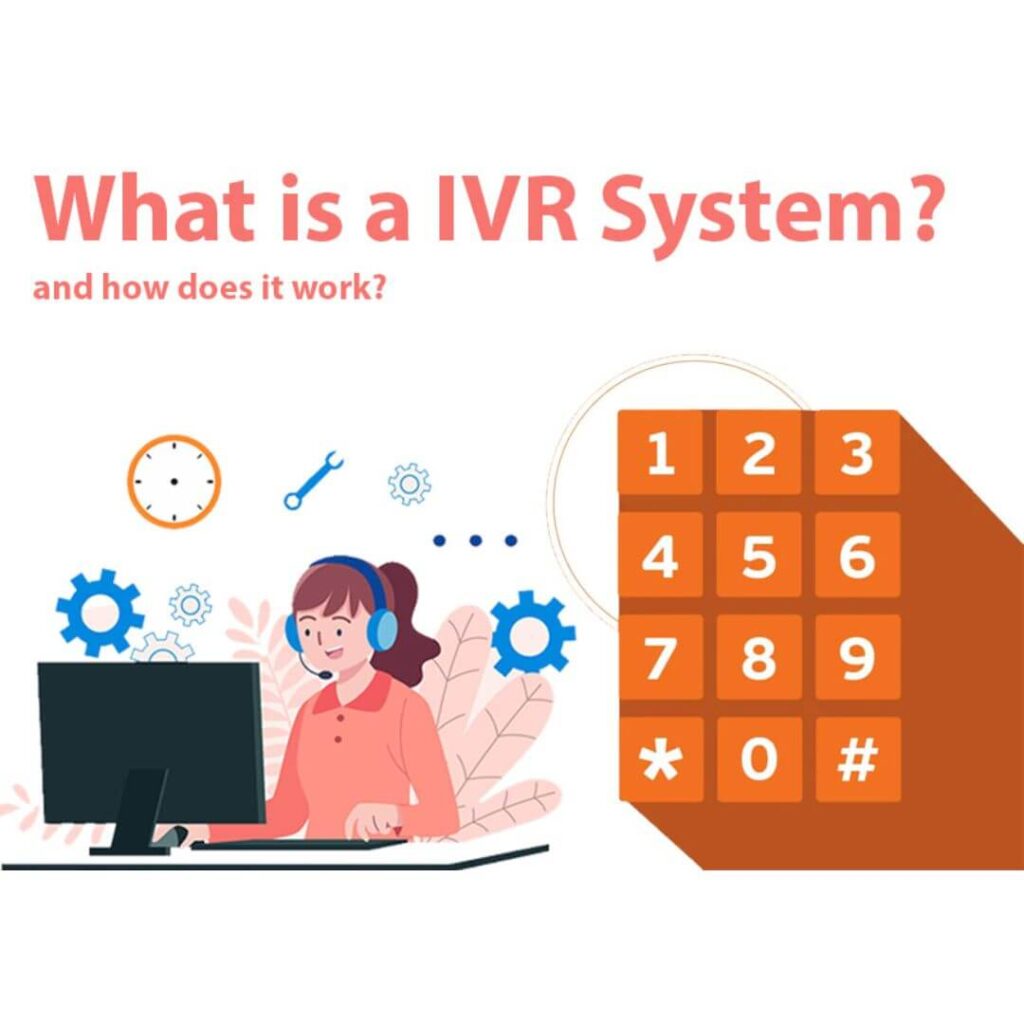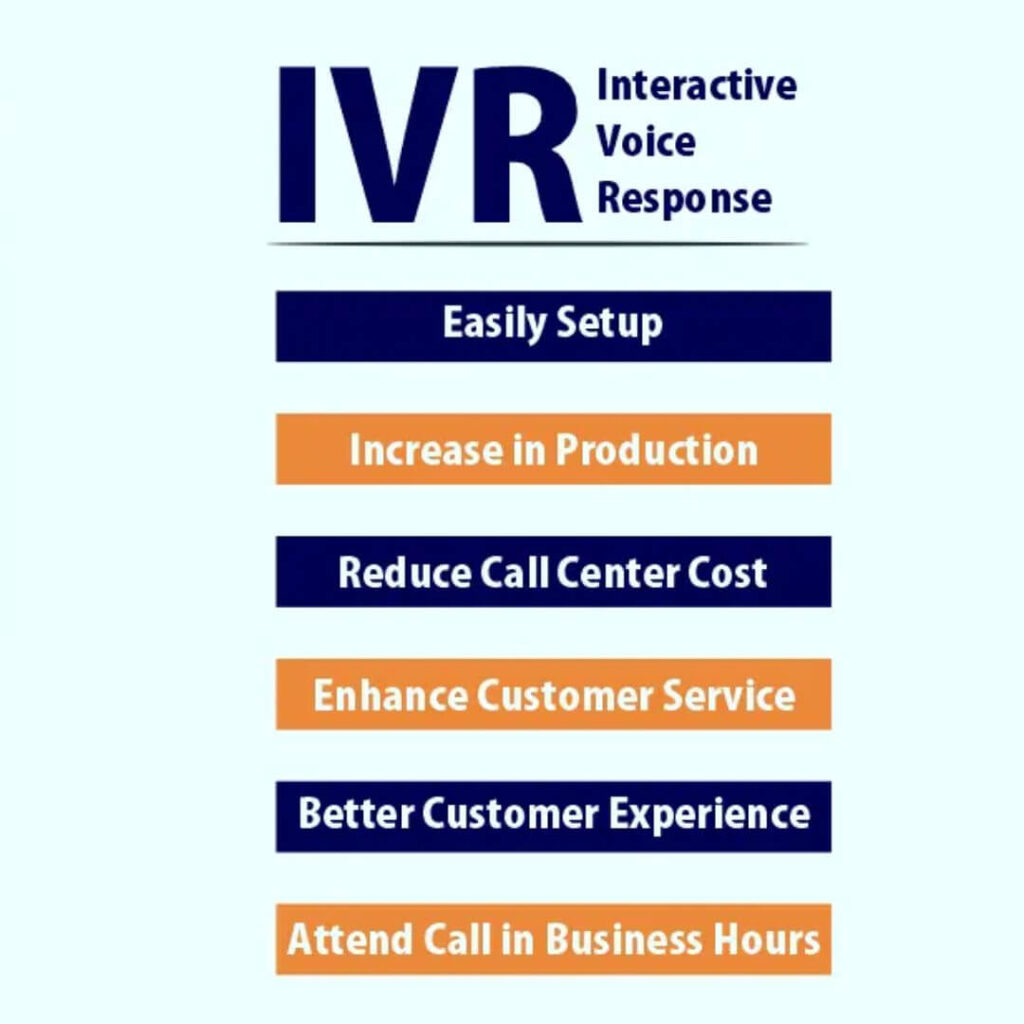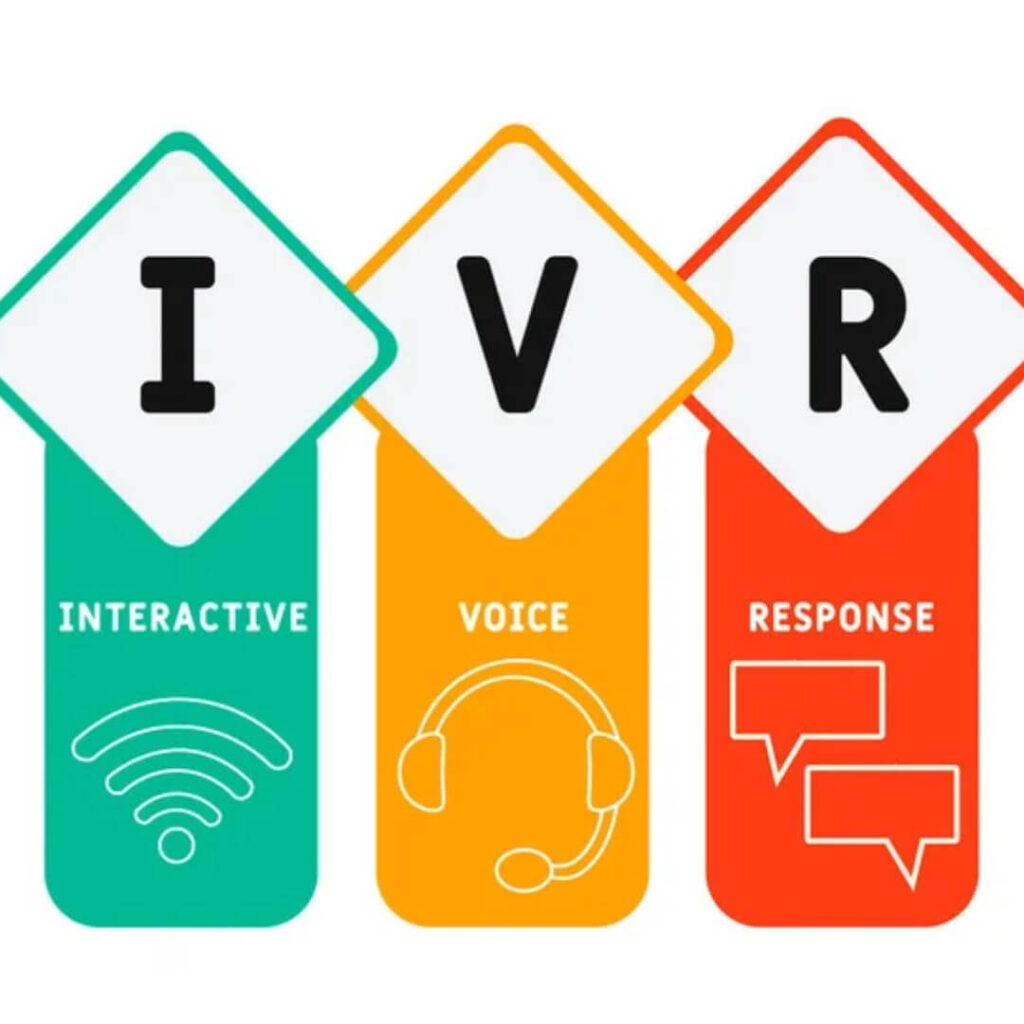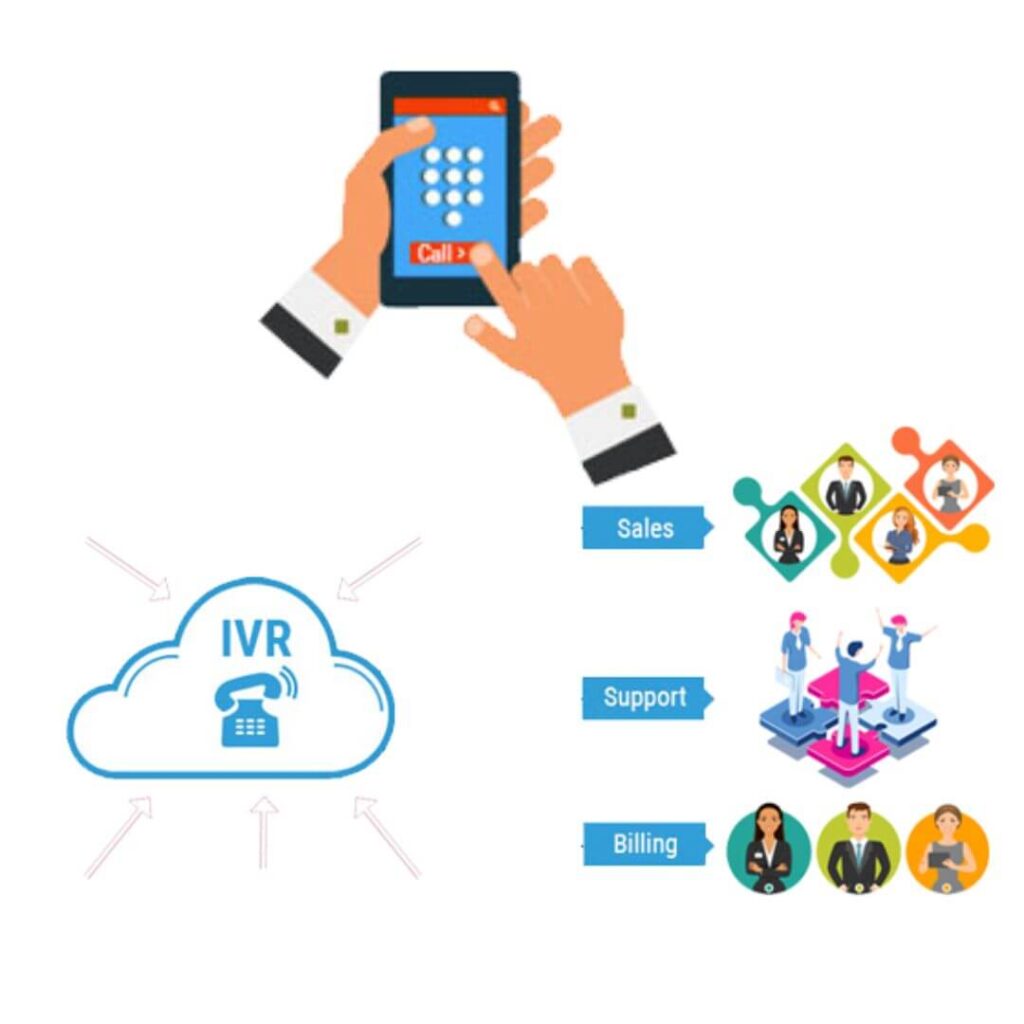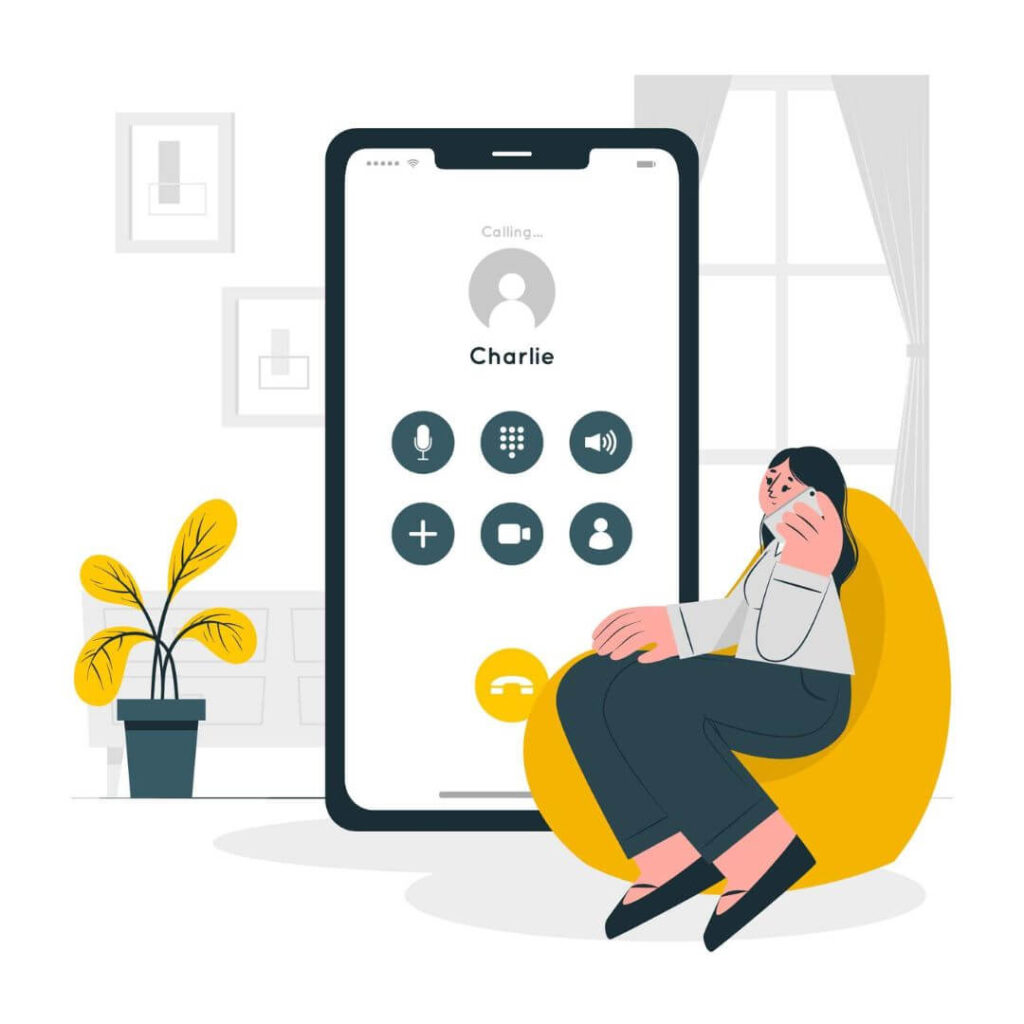What is IVR?
Interactive Voice Response (IVR) is a technology that allows callers to interact with a computer system through voice commands or keypad inputs. When a caller contacts a business, the IVR system provides a menu of options, allowing the caller to navigate to the desired information or service. For example, a caller might be prompted to press “1” for account information, “2” for technical support, or “3” to speak with a customer service representative. The system then routes the call to the appropriate department or provides the requested information directly.
Key Benefits of IVR Services
- 1. Enhanced Customer Experience:
- 2. Efficient Call Handling:
- 3. Cost Savings:
- 4. Scalability:
- 5. Data Collection and Analysis:
